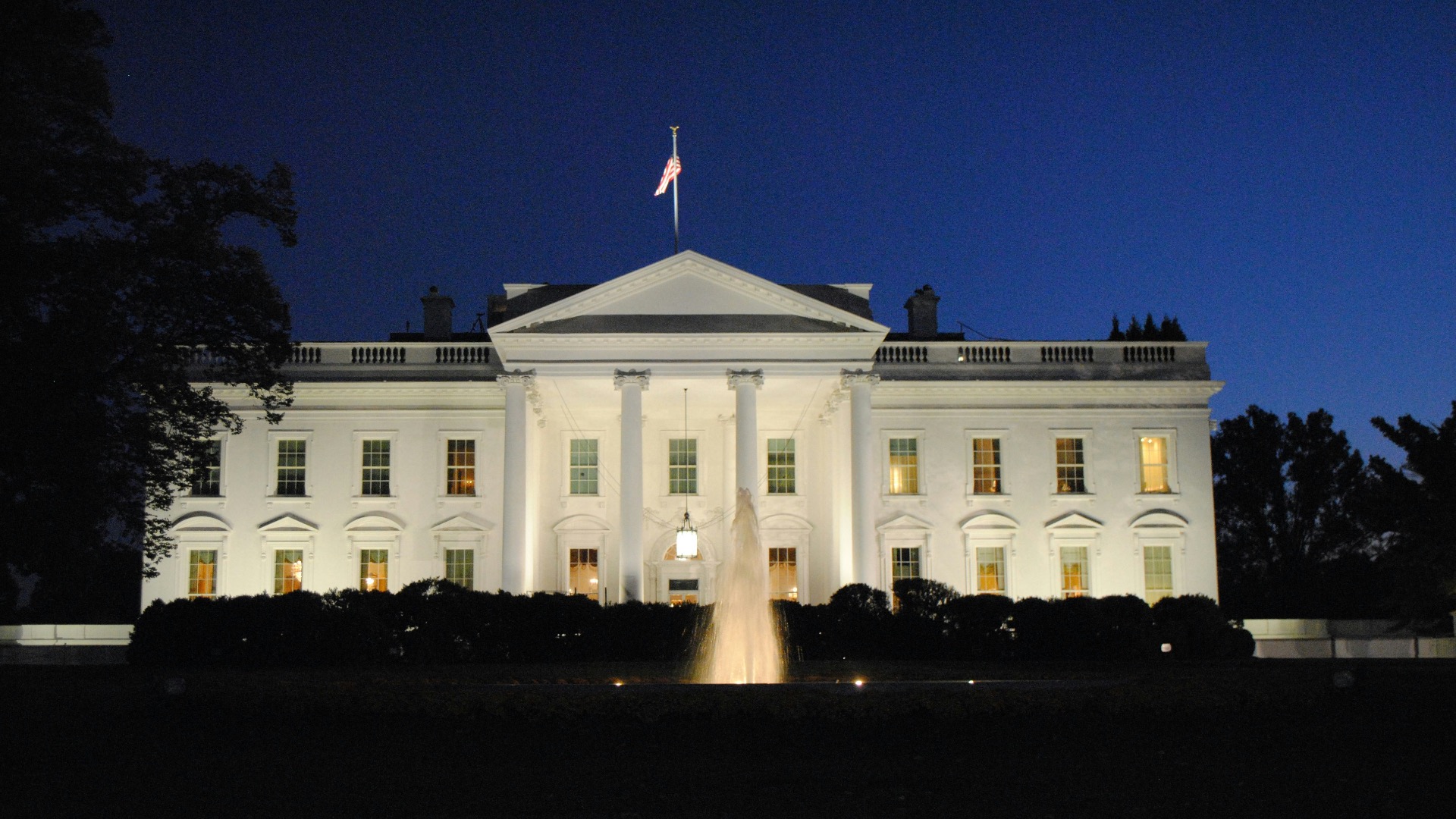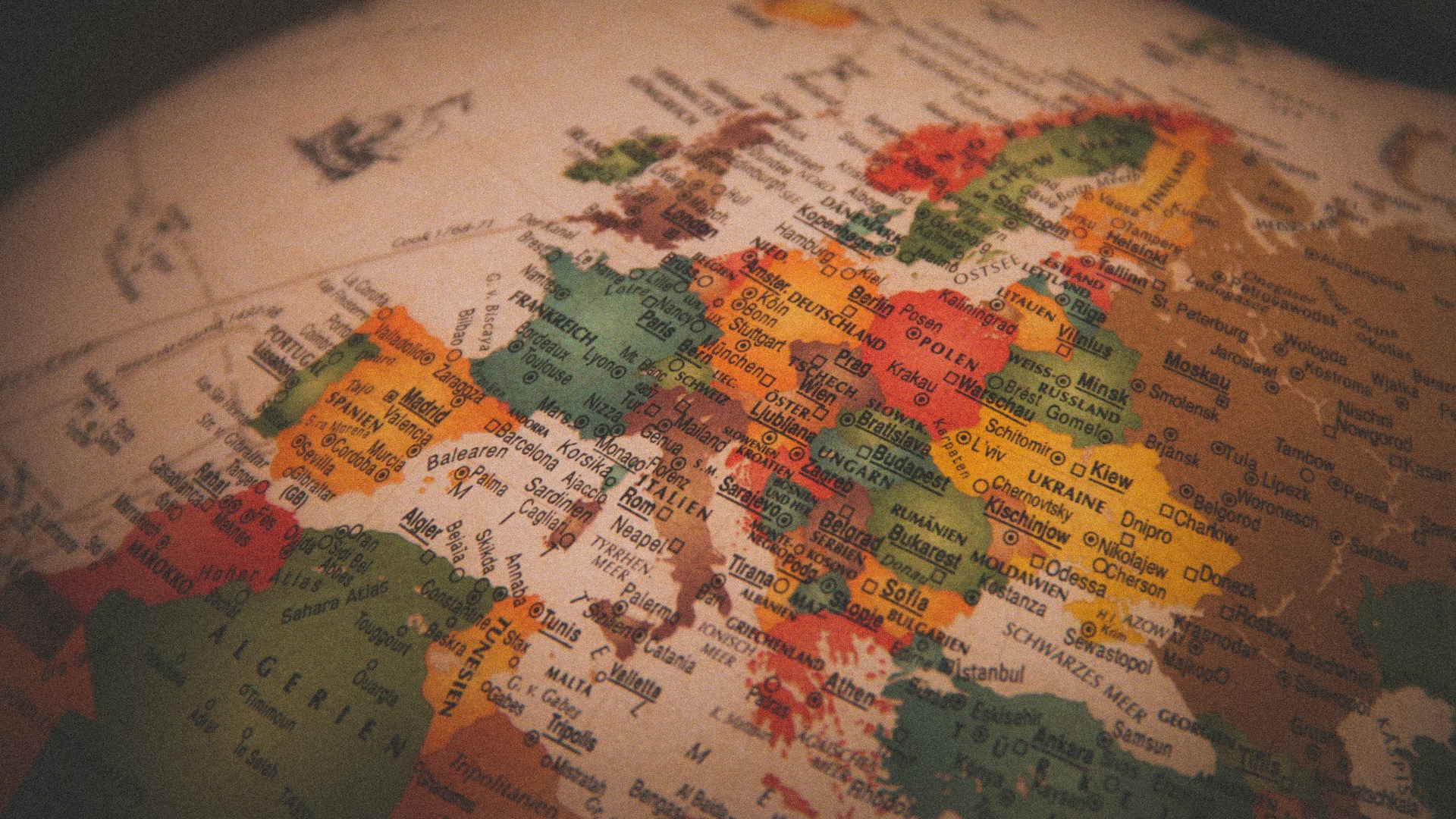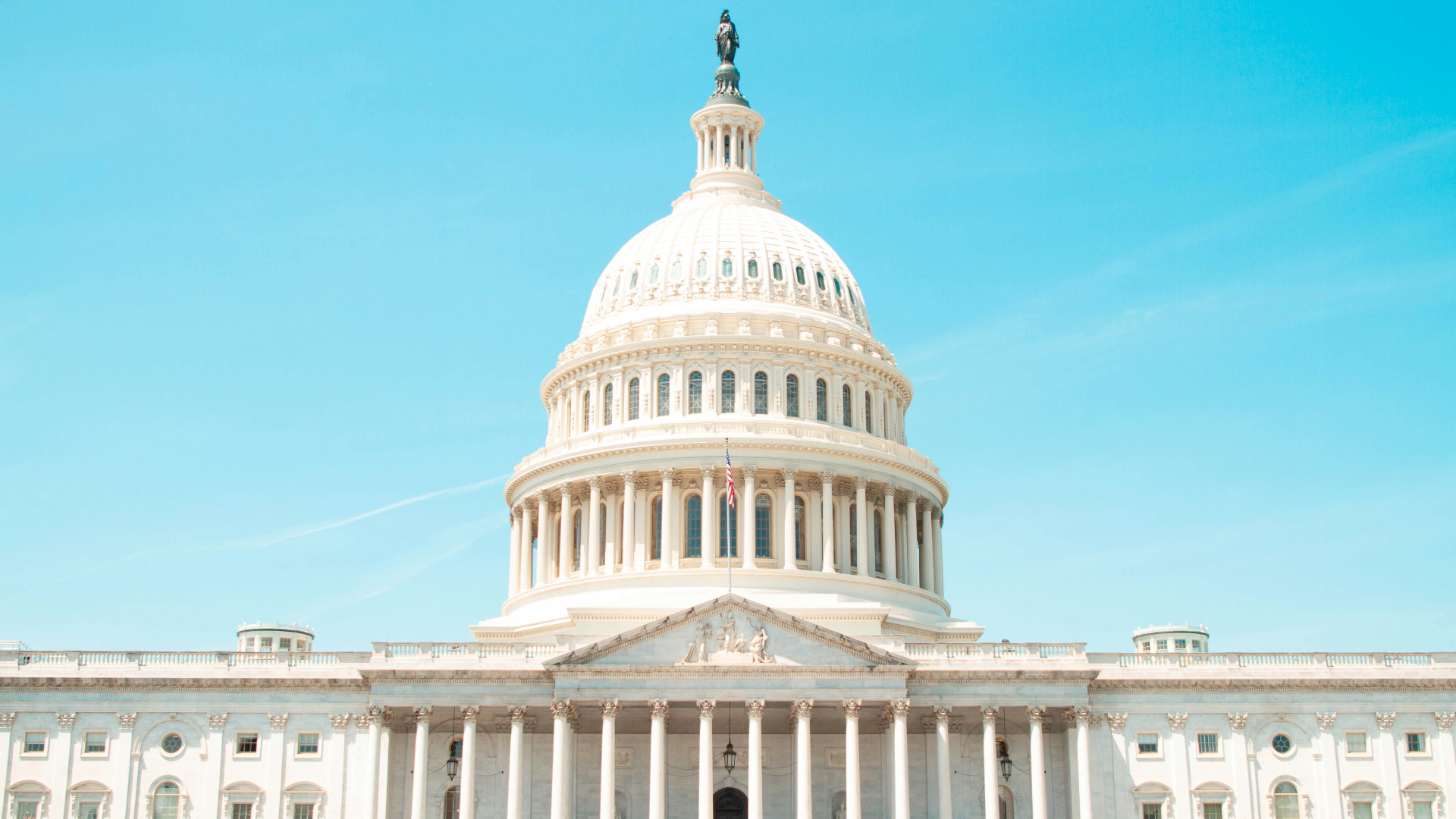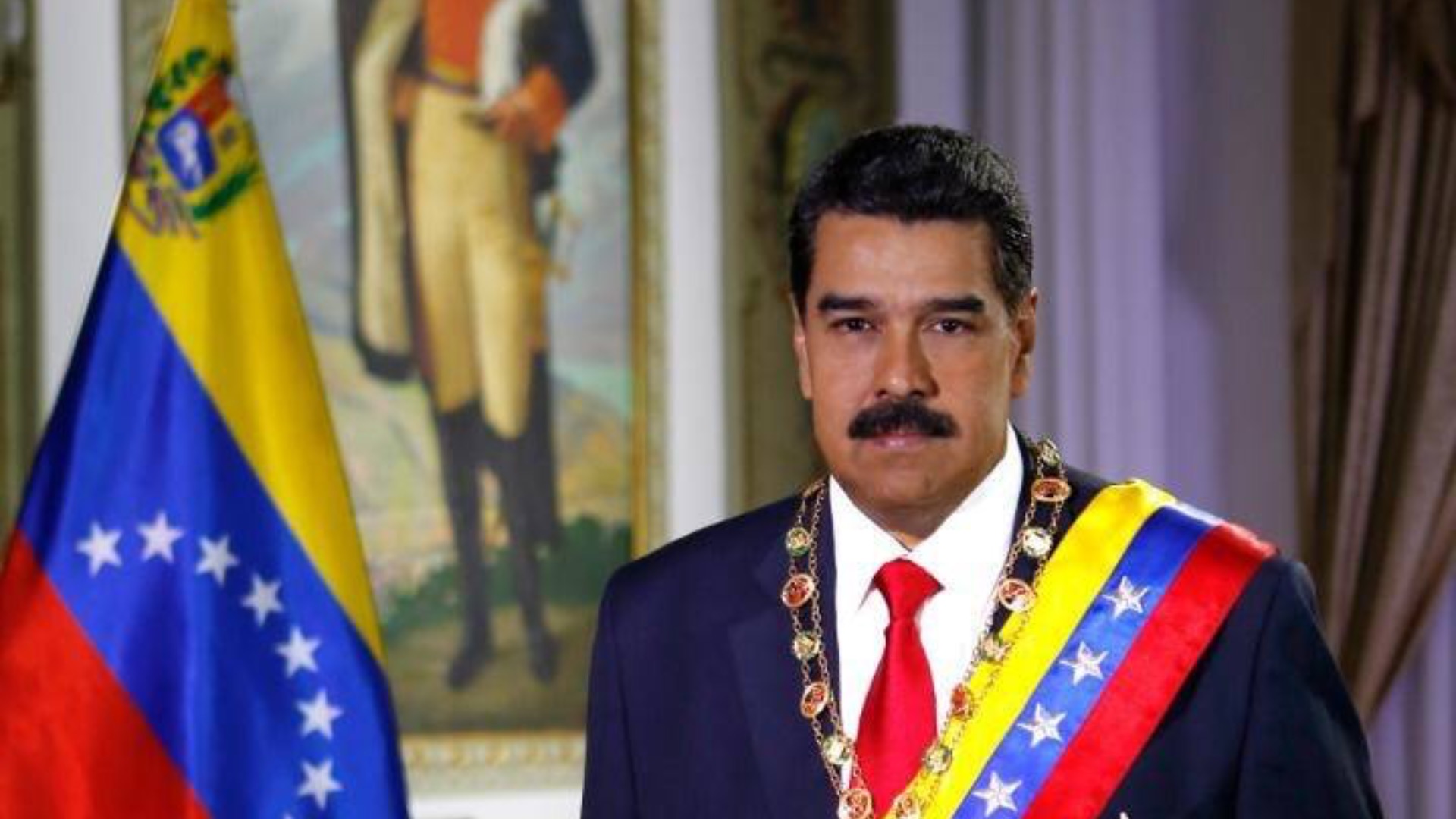
Brazil at Hannover Messe 2026: Industrial Diplomacy for a New Global Order
When Brazil steps onto the world stage as the Partner Country of Hannover Messe 2026, it will not merely be showcasing technology; it will be articulating a new diplomatic and industrial vision. Hannover Messe is the world’s largest and most influential industrial fair and is more than an exhibition; it is a forum where policy, innovation, and global partnerships converge.
For Brazil and Germany, this partnership signals a deepening of ties that stretch far beyond trade, as it reflects a shared commitment to sustainable growth, green transformation, and strategic cooperation in an evolving world order.
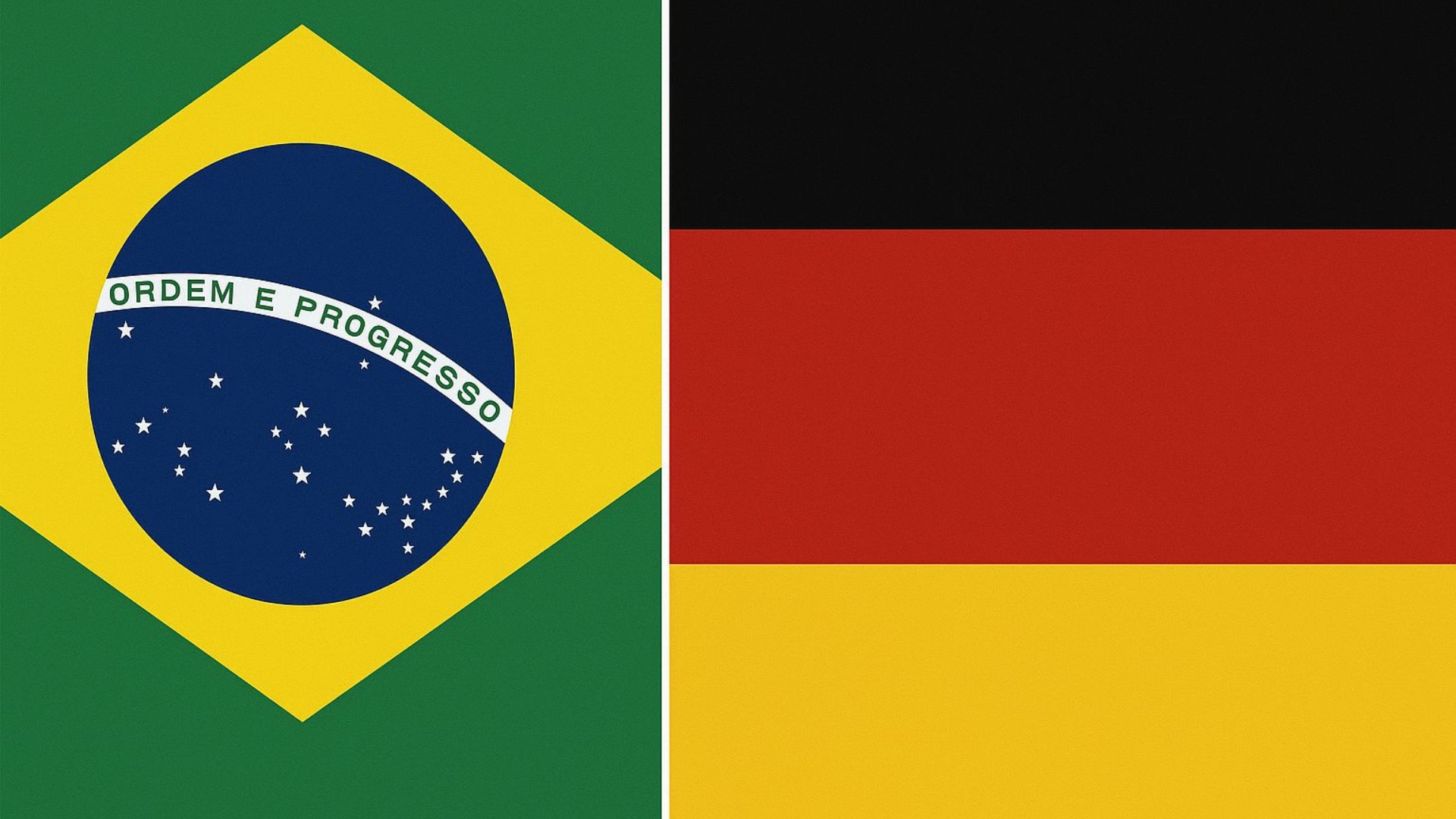
Economic Diplomacy in a Multipolar World
In today’s increasingly fragmented global order, economic diplomacy has become more than just trade negotiations; it’s about navigating uncertainty, securing critical partnerships, and safeguarding national interests amidst the twin pressures of geopolitical instability and supply chain vulnerabilities. Against this backdrop, Brazil’s role as Partner Country of Hannover Messe 2026 stands as a strategic milestone for both Berlin and Brasília.
For Germany, this is not simply about showcasing foreign technology at an industrial fair, it’s a deliberate act of economic statecraft. As one of the leading voices in Europe for open markets and multilateral cooperation, Germany is recalibrating its global industrial partnerships, especially as dependencies on singular markets such as China for manufacturing or Russia for energy have exposed economic fault lines.
By deepening ties with Brazil, Germany is diversifying its industrial alliances at a time when concepts like reshoring (bringing production back home) and friend-shoring (sourcing from geopolitically aligned partners) are shaping policy in Berlin, Brussels, and beyond. Brazil, with its stable democracy, industrial capacity, and abundant natural resources, emerges as a logical partner in Germany’s long-term industrial diversification strategy.
For Brazil, the spotlight at Hannover Messe offers more than visibility it’s a rare chance to redefine its industrial narrative on the world stage. Traditionally seen as an exporter of raw materials and agricultural commodities, Brazil is now pushing to be seen as a value-added player in sectors like advanced manufacturing, cleantech, and digital automation. The Messe gives Brazil a platform to position itself as a dependable and forward-looking actor in global value chains precisely at a time when nearshoring and sustainable sourcing are being rethought.
This collaboration also speaks to the shifting geography of economic power. With Western economies increasingly acknowledging the importance of engaging with the Global South, this Brazil-Germany partnership is emblematic of how economic diplomacy is being reshaped in a multipolar world where influence is not just wielded by G7 capitals but negotiated in industrial fairs, innovation clusters, and joint climate platforms.
The deeper subtext? Hannover Messe 2026 is not just about machines and innovation booths; it’s about geoeconomic alignment. It’s about setting the stage for new rules of economic engagement that reflect a more interconnected, yet strategically cautious, global industrial future.
Green Transformation Nexus
If the industrial partnership between Brazil and Germany is to be more than symbolic, its heart must beat in green energy, climate ambition, and sustainable innovation. The Brazil-Germany relationship already contains important foundations for this, and Hannover Messe 2026 is an ideal stage to accelerate the growth of this cooperation.
Brazil’s power mix is remarkably clean: as of 2024, around 85% of electricity in Brazil is generated from renewable sources, primarily hydroelectricity, which accounts for over 60% and a growing share of wind and solar. Brazil has the advantage of low marginal cost of clean electricity, which gives it an edge over other industrialized nations. Moreover, it has a moral and political legitimacy as a climate actor stemming from its reality as a low-carbon powerhouse on the Global South. With more than 85% of its electricity generated from renewable sources, it has earned credibility through action. Politically, its leadership role in forums like BRICS, COP summits, and South-South cooperation adds weight to its voice, allowing Brazil to shape the climate agenda in a way that reflects both its national capabilities and the priorities of the Global South.
One of the clearest expressions of the deepening Brazil-Germany relationship is their evolving energy partnership now increasingly centered not only on renewables but on green hydrogen (H₂V) as a cornerstone of industrial diplomacy. What began as technical cooperation under the Brazilian-German energy dialogue has matured into a strategic alliance. A recent project under the DKTI Brazilian German technology partnership (2022–2024), supported by GIZ and NIRAS, was instrumental in helping Brazil develop its national green hydrogen roadmap, regulatory instruments, and pilot plant frameworks. This initiative signals that the green transition is no longer peripheral; it is rapidly becoming the centerpiece of bilateral engagement.
Germany’s own hydrogen import strategy explicitly identifies Brazil as an ideal partner, given its abundant renewable energy resources, strategic location, and growing technical capacity. Brazilian scholars have also mapped the trajectory of cooperation, from earlier collaborations in nuclear energy toward a more forward-looking and decarbonized future rooted in green hydrogen. At Hannover Messe and beyond, Germany’s interest in Brazil is no longer about extracting resources; it’s about co-creating clean energy futures. The transition, however, comes with caveats and calls for justice.
Recognizing the risk of repeating extractive paradigms, the two countries have launched a Partnership for a Socially Just and Ecological Transformation. This framework reorients climate cooperation around fairness, equity, and developmental legitimacy, not merely supply and demand. Brazil, like many Global South countries, remains wary of relationships where raw materials and clean energy are exported while local communities see little benefit. To counteract this, projects must go beyond exporting hydrogen molecules; they must build local capacity, generate jobs, ensure fair technology transfer, and prioritize social safeguards. In short, the green partnership must be anchored not only in carbon metrics but in people’s livelihoods.
Still, the road ahead is complex. Brazil’s dominance in hydropower, while impressive, creates seasonal vulnerabilities, especially in drought years. Diversification into wind, solar, and energy storage is vital. Meanwhile, green hydrogen requires enormous upfront capital, regulatory clarity, and long-term contracting, all of which remain nascent. For Germany and the EU, ensuring that hydrogen imports from Brazil meet certification, logistics, and carbon accounting standards will be critical to maintaining both climate credibility and political trust.
At Hannover Messe 2026, Brazil will have the chance to present not just technological breakthroughs but a strategic vision of green transformation that is socially inclusive and globally relevant. Germany, in turn, can demonstrate that it views Brazil not as a peripheral supplier but as a central co-architect of the energy transition. In this light, green hydrogen becomes more than a fuel; it becomes a diplomatic instrument, a litmus test for climate equity, and a symbol of a new era of South-North cooperation.
Innovation and Digital Futures
Beyond green energy and industrial supply chains, the Brazil-Germany relationship is increasingly animated by a shared ambition to lead in digital transformation. As Brazil asserts itself as a tech-driven economy in Latin America, and Germany continues to refine its Industrie 4.0 model, the opportunity to co-innovate is not only timely but also geopolitically strategic.
Brazil’s innovation ecosystem is no longer limited to São Paulo’s fintech scene or university research labs. It now includes a growing network of startups, accelerators, and public-private digital innovation hubs in sectors like AgriTech, HealthTech, and industrial automation. Meanwhile, German firms and research institutions are actively seeking to diversify global R&D cooperation, looking for partners who bring not only cost efficiency but also creativity, demographic dynamism, and scalability.
For both countries, innovation is also about sovereignty: technological, economic, and environmental. As artificial intelligence, advanced robotics, and digital logistics reshape the future of industry, Brazil and Germany stand to gain from co-developing interoperable standards, joint patents, and ethical guidelines. Collaboration in this space could strengthen the Global South’s position in global digital governance while helping Germany build more inclusive and resilient tech supply chains.
Moreover, Germany’s startup capital and policy incubator can serve as the connective tissue between Brazilian entrepreneurial energy and German industrial know-how. Bilateral initiatives such as academic exchanges, tech fellowships, joint research clusters, and startup bridge programs could foster not only innovation but trust, talent mobility, and ecosystem resilience.
Crucially, innovation here must be framed beyond the binary of market disruption and technological solutionism. The challenge lies in ensuring that digital futures are human-centric, democratically governed, and socially inclusive. As digital industries become geopolitical battlegrounds, Brazil and Germany can position their cooperation as a model of “ethical innovation” rooted in transparency, sustainability, and public benefit. By highlighting these digital ambitions at Hannover Messe 2026, Brazil will not just be selling software; it will be articulating a vision of industrial innovation that integrates the Global South into the architecture of global tech diplomacy.
Geopolitical and Strategic Significance
As the global order tilts toward multipolarity, with mounting rivalry between the West and China, supply chain realignments, and resource nationalism reshaping diplomacy, Brazil’s partnership with Germany at Hannover Messe 2026 carries profound geopolitical weight. For Germany and by extension, Europe, the Brazil partnership signals a deliberate shift: a diversification of strategic dependencies away from high-risk geographies. The COVID-19 pandemic, followed by the energy crisis sparked by Russia’s invasion of Ukraine, exposed the vulnerabilities of overly concentrated or politically unstable supply lines. This has accelerated the twin trends of reshoring and friend-shoring, relocating production closer to home or to geopolitically “trusted” partners. In this calculus, Brazil emerges as a pivotal player.
Brazil is not only Latin America’s largest economy, but it is also one of the world’s richest nations in natural resources, including critical raw materials such as niobium, rare earths, bauxite, copper, and lithium, all essential for green and digital transitions. These are the minerals that will power the batteries, turbines, and semiconductors of the 21st century. And Germany, as Europe’s manufacturing engine and green transition leader, cannot afford to ignore them. The strategic logic runs deep: ensuring access to these materials in a stable, democratic, and environmentally aligned partner like Brazil not only secures industrial resilience but also strengthens the EU’s autonomy in key sectors. In this sense, the partnership isn’t just economic it is a hedge against future shocks.
But this is not a one-sided affair. Brazil, under President Lula, is actively seeking to rebalance its foreign policy positioning itself as a bridge between the Global South and industrialized North. It is a founding BRICS member, a key player in the G20, and increasingly vocal on global governance reform. By aligning more closely with Germany and the EU through industrial diplomacy, Brazil can diversify its partnerships beyond China and the U.S., assert its strategic autonomy, and shape multipolar governance debates from a position of co-equal leverage.
The Hannover Messe stage allows Brazil to send a powerful message: that it is not merely a source of raw materials or a passive market, but an active, innovative partner in reshaping global industrial norms and sustainability pathways. This aligns with broader calls from Global South nations to move “from being seen as suppliers to being treated as co-designers” of global economic systems.
This partnership also feeds into the broader revitalization of the EU-Latin America strategic agenda. After years of inertia, both regions are rediscovering the geopolitical value of cooperation, especially in light of global digital regulation, climate diplomacy, and trade diversification. The EU-Mercosur trade deal, long stalled, may receive new momentum as countries like Germany double down on bilateral ties with Brazil to unblock the broader regional puzzle.
In this broader matrix, Berlin’s role as a diplomatic epicenter becomes crucial. As the capital city of a nation deeply embedded in both EU and global policymaking, Berlin can host high-level summits, business dialogues, and think tank roundtables that transform industrial cooperation into strategic coordination linking trade, tech, climate, and diplomacy in a single narrative arc.
Soft Power and Cultural Diplomacy
Hannover Messe is not just a marketplace of machines; it is a global stage of national identity. Each Partner Country gets the chance to tell its story not only in terms of products or patents but through symbols, narratives, and presence. For Brazil, this is an opportunity to project not only industrial capacity but also soft power and to reshape how the world sees it. For decades, global perceptions of Brazil have been filtered through a familiar lens: Carnival, football, the Amazon rainforest, and political instability. While these are real and significant aspects of Brazil’s identity, they have also overshadowed the country’s technological potential, scientific capacity, and policy sophistication.
At Hannover Messe 2026, Brazil has a chance to recast itself as a forward-looking, innovative, and sustainable power. From AI-driven robotics to green hydrogen hubs, from digital agriculture to space technology, Brazil’s industrial narrative is growing, and Hannover offers a stage for that new story to be told. The Brazilian pavilion is likely to serve as a curated experience combining immersive tech showcases with cultural motifs. Expect the display of low-carbon technologies, digital manufacturing prototypes, and partnership-driven innovation hubs, but also art, design, and storytelling that bridges industrial identity with cultural resonance.
This kind of holistic presentation represents a sophisticated form of nation branding, the ability to shape international perception not through slogans or ads, but by demonstrating leadership in areas that matter globally: sustainability, digitization, inclusion, and resilience. Germany, in turn, benefits from engaging with Brazil’s narrative arc. Supporting Brazil’s soft power projection reinforces the idea that Europe’s green and digital transition is not Eurocentric, but co-created with and enriched by Global South partners. This is not charity or tokenism; it is mutual enrichment through shared vision. Soft power isn’t limited to exhibitions. Germany and Brazil share deep educational and scientific ties with over 6,000 Brazilian students in Germany, dozens of joint academic research projects, and growing collaboration in climate science, engineering, and public health.
In this context, Hannover Messe becomes a diplomatic accelerator, a place where industrial innovation feeds into scientific cooperation and where partnerships are not just economic but human and intellectual. Expect side events focused on youth exchange, women in STEM, and indigenous knowledge in climate solutions areas, where Brazil can offer unique contributions to global dialogues. In an age of polarisation, cultural diplomacy is also trust-building. Brazil’s presence at Hannover Messe can counter stereotypes and foster understanding, particularly at a time when migration, identity, and post-colonial legacies complicate North–South relations. Berlin’s embassies, cultural institutes, and creative sectors can play a vital role here by ensuring the narratives showcased at Hannover are not siloed but echoed throughout Germany in museums, media, and educational spaces.
Why does it matter? In diplomacy, image is influence. Brazil’s ability to project a compelling image of innovation, sustainability, and partnership will affect its diplomatic leverage not just at Hannover, but in the EU-Mercosur talks, G20 negotiations, and climate diplomacy. For Germany, partnering with a Brazil that is self-confident, future-oriented, and socially conscious strengthens its own credibility as a nation that values not just economic benefit but equitable collaboration and global storytelling.
Opportunities and Challenges
The Brazil–Germany partnership at Hannover Messe 2026 presents a moment rich with promise if managed with strategic foresight. For Brazil, this is more than a branding opportunity; it is a gateway to European markets, industrial investment, and long-term partnerships. The event offers direct exposure to foreign direct investment (FDI), access to advanced supply chains, and integration into Germany’s green and digital industrial ecosystem. For Germany, meanwhile, Brazil offers precisely what its current geopolitical calculus demands: diversification away from over-reliance on Asian supply chains and access to a democratic, resource-rich, and geographically strategic partner in Latin America.
But the value of this partnership extends beyond trade. Hannover Messe serves as a vital platform for policy harmonization, industrial standard-setting, and technology certification. Shared initiatives can trigger R&D spillovers, stimulate local innovation ecosystems, and streamline regulatory frameworks laying the groundwork for smoother trade and tech transfer. If both nations can align their industrial ambitions with their climate agendas, they stand poised to co-lead in global green innovation, whether by co-chairing multilateral efforts on hydrogen, shaping sustainable infrastructure policy, or driving forward inclusive climate finance reforms.
However, beneath the optimism lie structural and political challenges that cannot be overlooked. Brazil’s industrial landscape is marked by disparity, home to world-class clusters like São Paulo’s aerospace and bioenergy sectors, but also riddled with underinvestment, infrastructure gaps, and educational mismatches in other regions. The success of this partnership hinges on Brazil’s ability to bridge its internal divides and build institutional support from both public and private sectors. Meanwhile, political unpredictability in Brasília and Berlin remains a wildcard. Long-term cooperation will only hold if institutionalized beyond electoral cycles via legally binding pacts, academic linkages, and industrial alliances that outlive political shifts.
Environmental credibility is also at stake. Brazil’s ongoing deforestation concerns could complicate the narrative of a green industrial alliance. Germany will need to strike a delicate balance between advancing industrial cooperation and upholding its climate diplomacy commitments, ensuring that green hydrogen and energy ventures do not become exercises in greenwashing. Additionally, regulatory asymmetries from tax regimes to licensing standards still act as formidable non-tariff barriers. Mutual recognition of qualifications, fast-tracking cross-border innovation processes, and digitalizing procedures will be key to scaling any pilot into lasting impact.
These tensions, however, are not reasons to retreat; they are markers of maturity. They test the resilience, adaptability, and trust at the heart of modern industrial diplomacy. If Brazil and Germany navigate these complexities with openness and strategic alignment, this partnership could serve as a blueprint for how emerging and established economies cooperate not through extractive dependency or short-term optics, but through long-haul, mutually reinforcing engagement.
As Hannover Messe 2026 draws near, the stakes are clear: success will depend not only on showcasing hardware or signing hydrogen MOUs, but on investing in shared vision, institutional trust, and the long-term infrastructure of partnership.
Berlin’s Diplomatic Role
As Brazil prepares to take center stage at Hannover Messe 2026, it’s not only Hannover that matters. Berlin’s diplomatic, political, and intellectual hub plays a quiet but pivotal role in shaping what this partnership becomes after the fairgrounds close. Beyond the spotlight of exhibitions, it is in Berlin that ideas are translated into policy, where memoranda become legislation, and where the long-term trajectory of Brazil-Germany cooperation will be anchored.
Berlin hosts the Federal Ministries, the Bundestag, and a growing network of think tanks, industry associations, and research institutions that are central to driving the Germany–Brazil agenda forward. From the Federal Ministry for Economic Affairs and Climate Action (BMWK) to the Foreign Office and GIZ, Berlin’s institutions are well-positioned to ensure that the Messe partnership doesn’t remain a one-off photo-op but evolves into a structured, multilateral platform.
Bilateral commissions on green hydrogen, education, innovation, and digital transformation can be housed and supported here. Additionally, Brazil’s embassy in Berlin plays a crucial role in convening business delegations, facilitating cross-sector dialogues, and feeding insights back to Brasília.
A Platform for Science, Academia, and Soft Power
Berlin also offers fertile ground for expanding scientific and academic exchange between the two countries. With world-renowned universities like Humboldt, Freie Universität, and TU Berlin, and research institutes like Fraunhofer and DLR, the city can serve as the launchpad for collaborative research in green technologies, AI, and industrial policy. Furthermore, Berlin’s cosmopolitan character provides Brazil with an opportunity to exercise soft power through cultural diplomacy, exhibitions, academic residencies, and Brazilian-themed innovation events that go beyond samba and soccer, rebranding Brazil as a serious, sustainable industrial player.
Berlin as a Convenor for Global South-Europe Dialogue
More broadly, Berlin is uniquely positioned to serve as a platform for broader Global South-Europe diplomacy. As Germany deepens ties with emerging economies, Berlin can host trilateral or multilateral dialogues that include Brazil and other key partners, South Africa, India, and Indonesia, to discuss shared industrial strategies, climate financing, and fair trade architecture. This is particularly significant as Germany seeks to build alliances that are values-based but not paternalistic partnerships, where countries like Brazil are not passive recipients but active co-creators of global governance frameworks.
A New Diplomatic Architecture for Innovation
Finally, Berlin is where the narrative around diplomacy itself is being reinvented. The traditional divide between foreign affairs and industrial policy is eroding. In its place, a new architecture is emerging, one where climate cooperation, digital transformation, and sustainable supply chains are at the heart of what diplomacy means. If Hannover Messe is the showroom, Berlin is the strategy room, the place where the institutional scaffolding is designed, where pilot projects become policy pipelines, and where Germany’s long-term industrial diplomacy is institutionalized.
For all its global ambitions, Germany’s effectiveness on the world stage is shaped by what it does in Berlin, the laws it passes, the alliances it nurtures, and the ideas it incubates. As Brazil rises as a strategic partner, it is in Berlin that the dialogue between emerging and established powers must be made real, equitable, and enduring. In this way, the Brazil-Germany partnership is not just about industrial cooperation; it is a reflection of Berlin’s evolving role as the intellectual and diplomatic anchor of a Europe in transition.
The Future of Foreign Policy Is Industrial
Hannover Messe 2026 may be the world’s largest industrial trade fair, but this year, it carries significance far beyond engineering and automation. It has become a stage for strategic diplomacy in a multipolar world. Brazil’s role as Partner Country is more than symbolic; it represents a bold rethinking of how global partnerships are forged. No longer confined to embassies or treaty rooms, diplomacy now lives in supply chains, innovation hubs, and climate laboratories. The Brazil-Germany partnership reflects this evolution, as both nations use industrial cooperation as a lever to achieve broader geopolitical, environmental, and economic goals.
In this emerging diplomatic model, technology becomes language, climate action becomes currency, and industrial alignment becomes trust-building. Brazil is not just exporting commodities it’s co-authoring green hydrogen roadmaps. Germany is not merely hosting it’s engaging in strategic co-creation. And Hannover Messe is not simply an expo—it is a platform where the future of diplomacy is being engineered in real-time.
Berlin, in this context, stands not only as Germany’s political capital but as a diplomatic laboratory, where alliances like this are tested, institutionalized, and scaled. The partnership shows that if done right, industrial diplomacy can deliver on both local aspirations and global responsibilities.
As nations face shared challenges including but not limited to climate change, energy transitions, fractured multilateralism the blueprint offered by Brazil and Germany suggests a path forward: one rooted in mutual benefit, innovation, and shared sovereignty.
In this new era, innovation is diplomacy, and Hannover is its most prominent embassy. The future of foreign policy won’t just be negotiated it will be prototyped, piloted, and powered through partnerships like these.

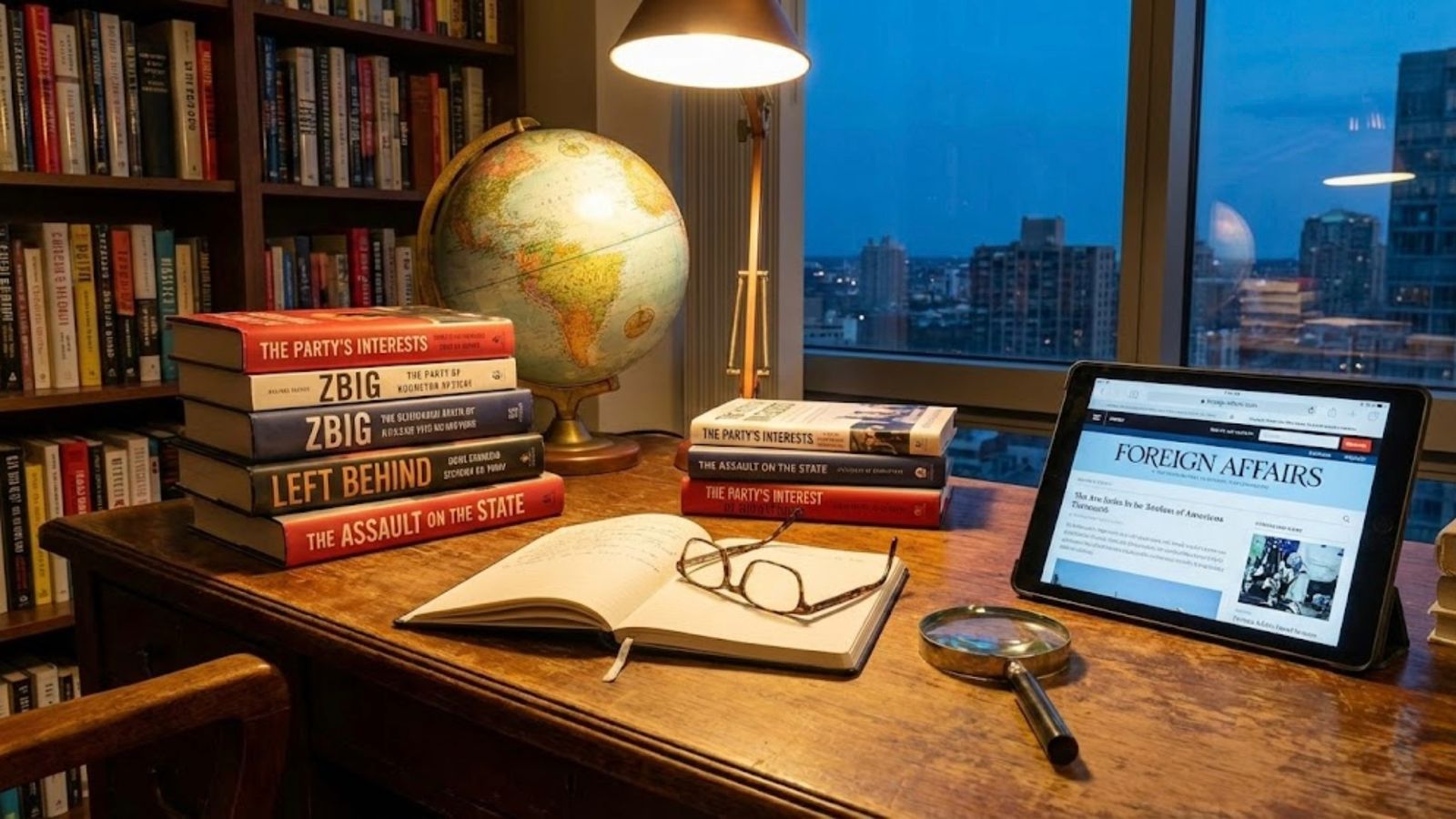
The World in Focus: Highlights from Foreign Affairs’ Best Books of 2025
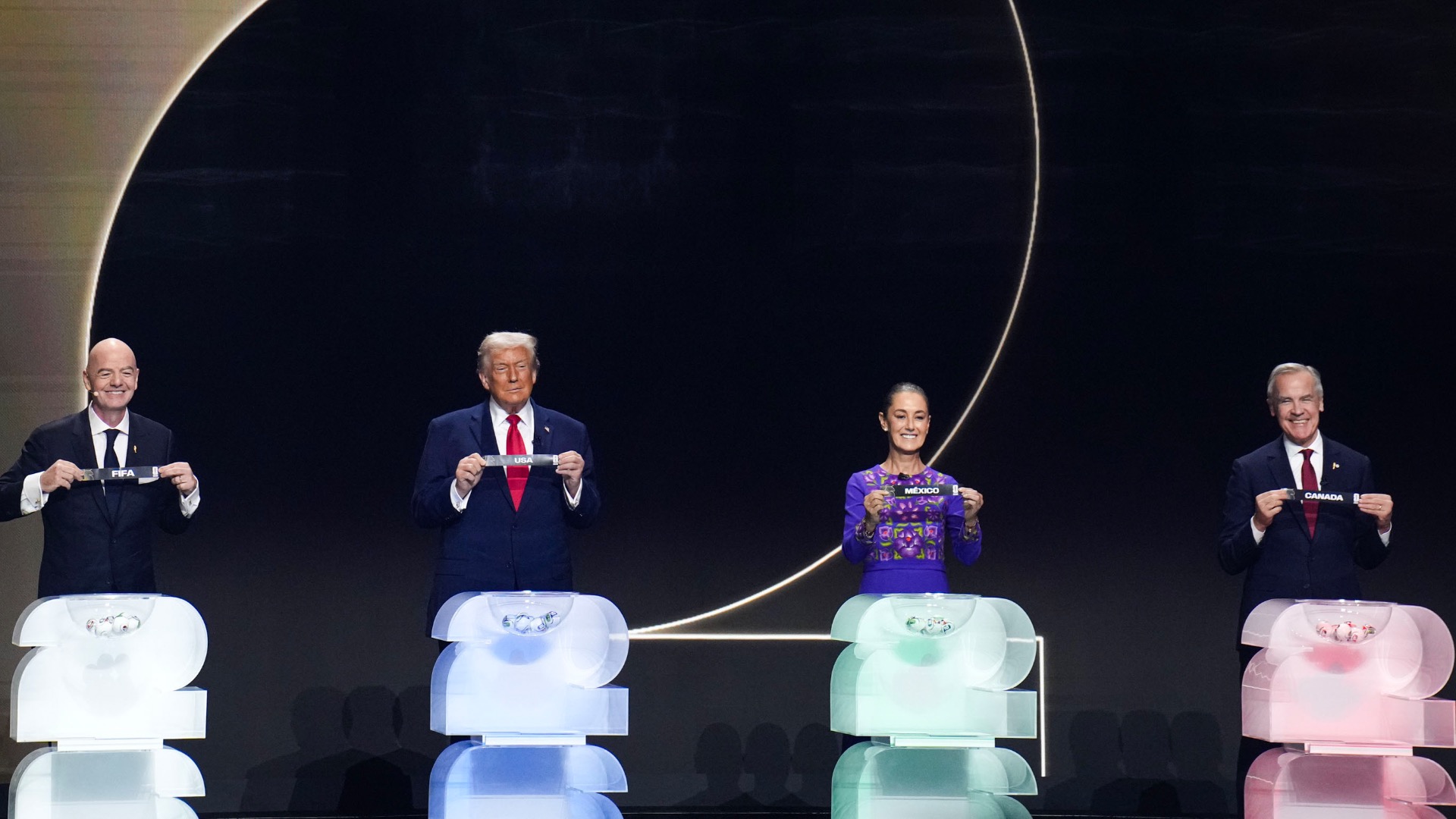

2025: A World Without Resolution
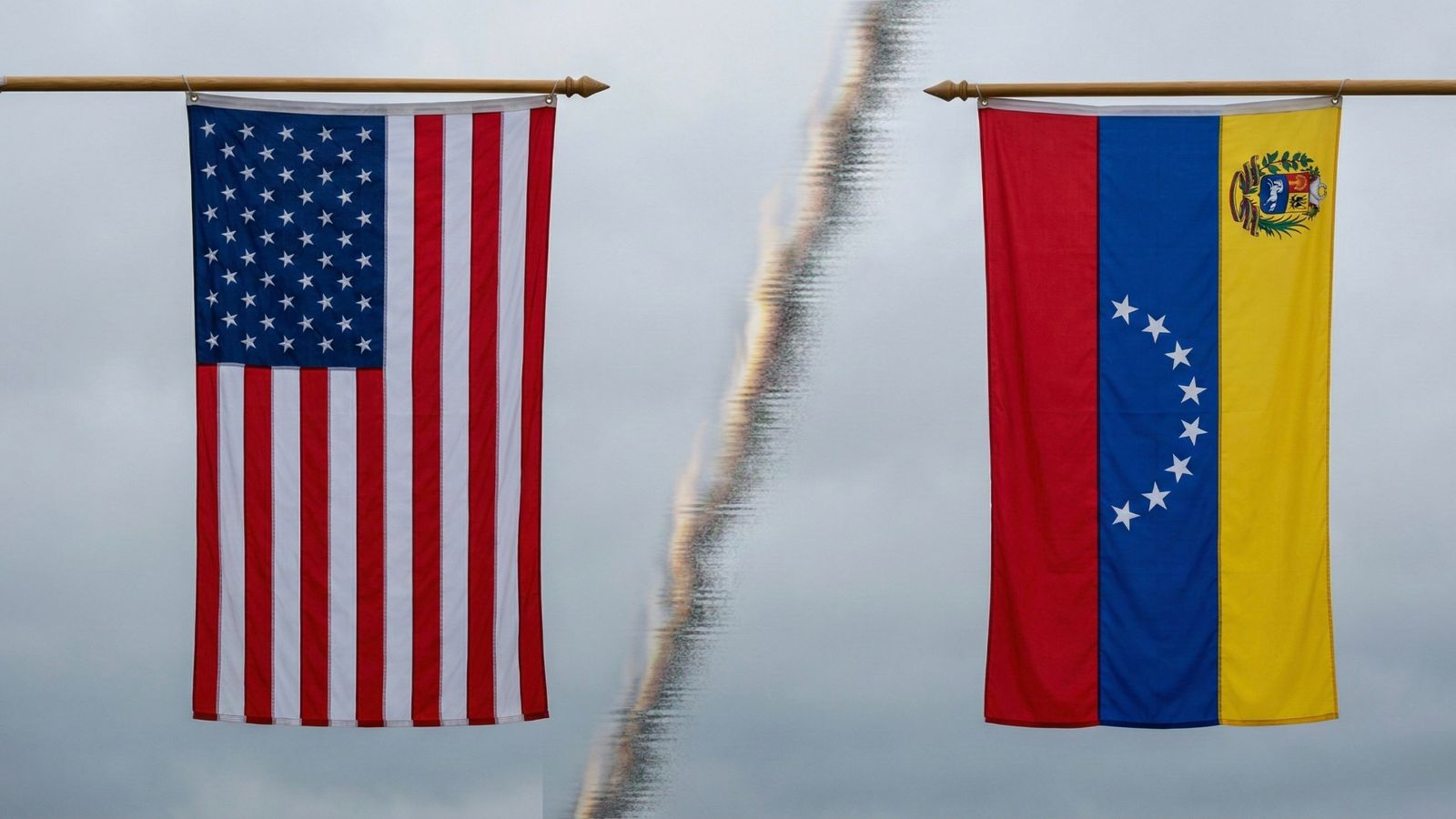
The U.S.-Venezuela Limited War of 2025: A Legal and Strategic Assessment
